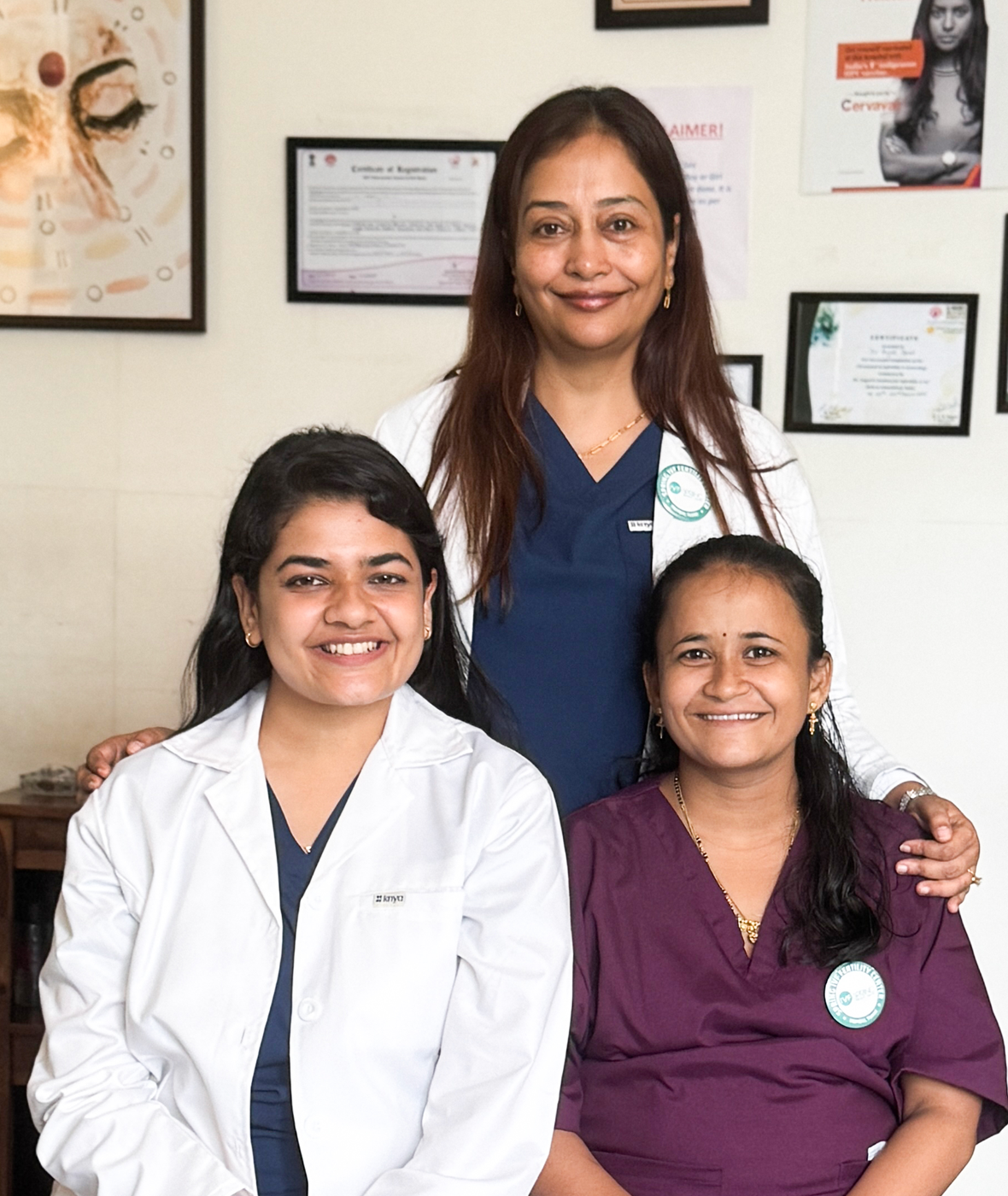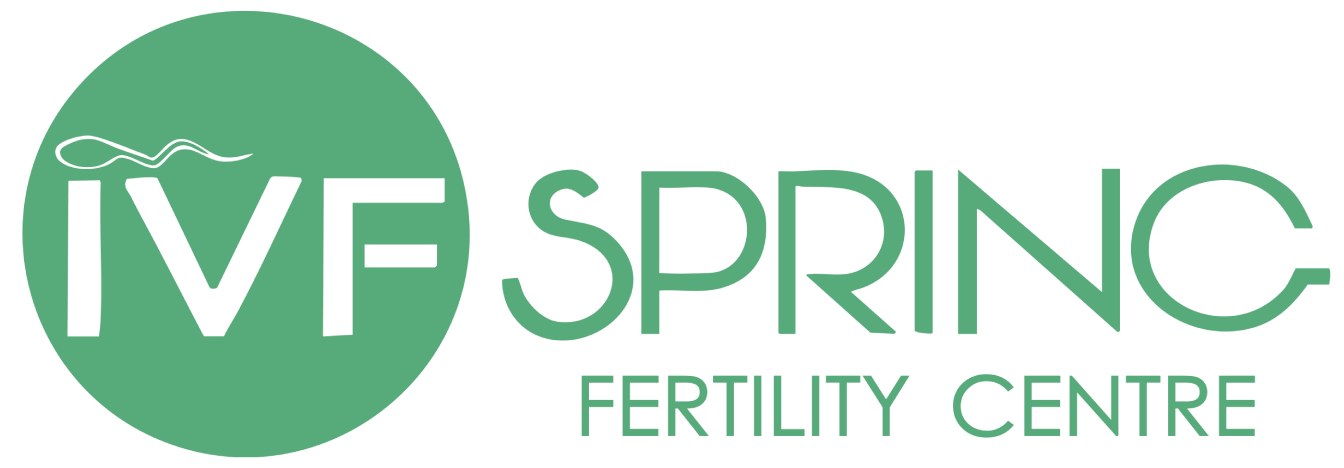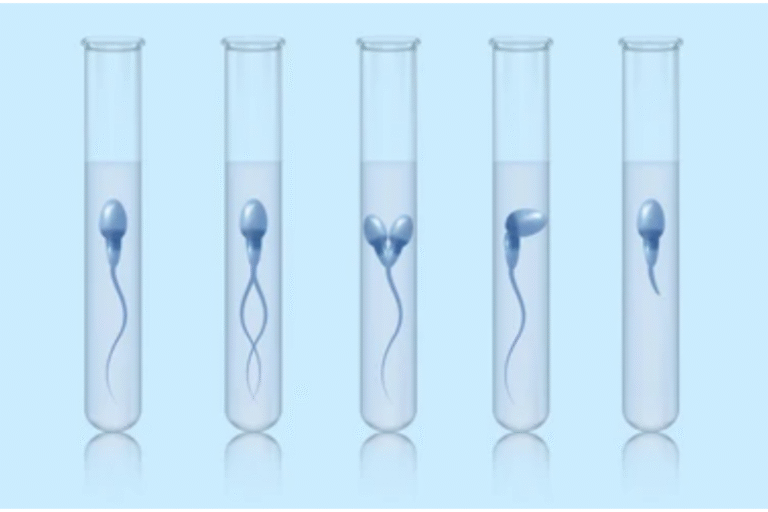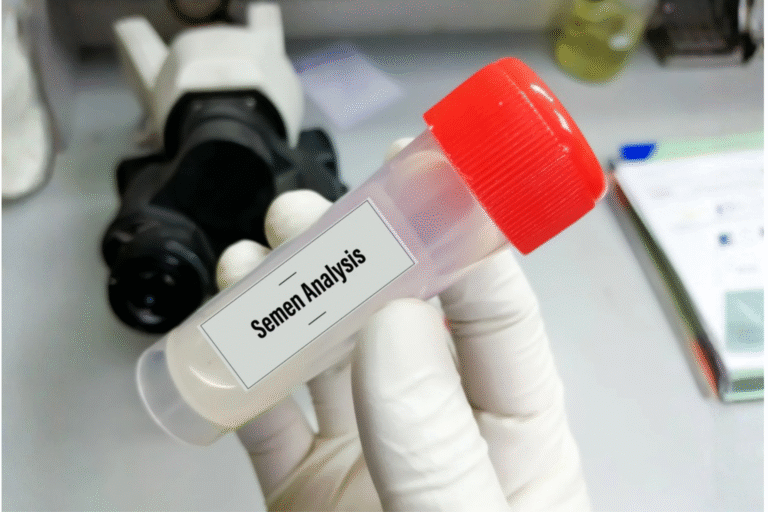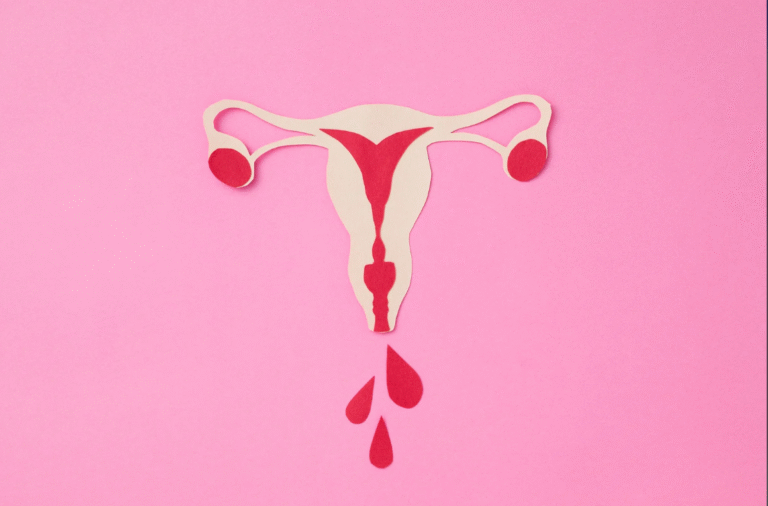The Plan B for your fertility. Who should do it, how it works, and why it’s backup, not a replacement for natural conception.
s
You’re not ready to have children now, but you want to keep that door open for the future. Or maybe you’re facing a medical treatment that could affect your fertility. Either way, you’re wondering: can I preserve my fertility? What are my options?
Let’s talk about fertility preservation—freezing eggs, sperm, or embryos to protect your ability to have biological children later. This isn’t science fiction. It’s real, it works, and more people are doing it than ever before.
What Is Fertility Preservation?
Fertility preservation means removing and freezing your eggs, sperm, or embryos (fertilized eggs) for future use. These frozen samples can be stored safely for years—even decades—and thawed when you’re ready to try for a baby.
Think of it as insurance for your reproductive future. You’re capturing your fertility at its current state and saving it for later.

Who Should Consider Fertility Preservation?
Cancer treatment: Chemotherapy and radiation can severely damage or destroy eggs and sperm. Fertility preservation before treatment gives you the option of biological children afterward.
Autoimmune diseases: Conditions like lupus or rheumatoid arthritis and their treatments can affect fertility.
Transgender individuals: Those transitioning with hormone therapy or surgery may want to preserve eggs or sperm before treatment.
Endometriosis or ovarian surgery: If you’re facing surgery that might damage ovaries or reduce egg count.
Early menopause risk: If you have a family history of premature ovarian insufficiency or conditions that might cause early menopause.
You’re not ready for children yet: You want to focus on career, education, travel, or personal goals first.
You haven’t found the right partner: You’re single and want children eventually but aren’t ready to use donor sperm or rush into parenthood alone.
You want to preserve younger eggs: You’re in your early 30s and know you won’t try for children until your late 30s or 40s.
What You Can Freeze: Eggs, Sperm, or Embryos
Egg Freezing (Oocyte Cryopreservation)
Best for: Single women, women without a partner, or anyone who wants to keep all options open.
You undergo ovarian stimulation (hormone injections for about 10 days) to grow multiple eggs, then have them retrieved through a minor procedure under sedation. The eggs are then frozen unfertilized and can be stored indefinitely.
Pros: You don’t need a partner or sperm. Your eggs are yours alone. You maintain complete reproductive autonomy.
Cons: You won’t know if the eggs can fertilize until you thaw and try to use them later. Eggs are more fragile than embryos (single cell vs hundreds of cells).
Sperm Freezing (Semen Cryopreservation)
Best for: Men facing medical treatment affecting fertility, transgender women before transition, or men who want to preserve sperm before vasectomy or military deployment.
You provide a semen sample through masturbation (after 2-7 days abstinence), which is then frozen in liquid nitrogen and stored.
Pros: Simple, non-invasive, quick. Sperm freeze extremely well and can be stored indefinitely.
Cons: None really—sperm freezing is straightforward and highly successful.
Embryo Freezing (Embryo Cryopreservation)
Best for: Couples, women with partners, or anyone willing to use donor sperm now.
You undergo the same egg retrieval process, but then eggs are immediately fertilized with sperm (partner or donor) to create embryos. Embryos develop for 5-7 days, then the best ones are frozen.
Pros: You know exactly how many viable embryos you have. Embryos are sturdier than eggs (hundreds of cells) and have historically higher success rates. You can do genetic testing before freezing.
Cons: You need sperm now—from a partner or donor. If your relationship ends, using those embryos may require legal permission from your ex-partner.
The lesser-known truth: Eggs, embryos and sperms can be stored indefinitely without degradation—there’s no expiration date on frozen eggs, sperm, or embryos. Studies show no significant effect of storage time on survival or success. In India, regulations typically allow storage for up to 10 years initially, with the option to extend.
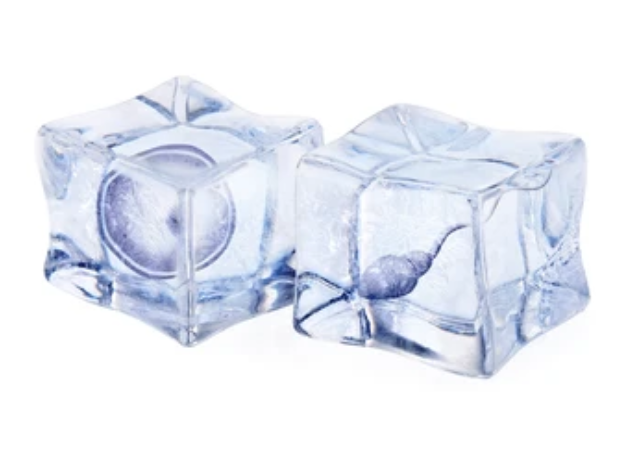
Age Matters: When to Freeze
For egg freezing: The American Society for Reproductive Medicine recommends freezing in your 20s or early 30s when egg quality and quantity are highest. Women under 35 need about 15 frozen eggs for a 70% chance of live birth. Women 38-40 need about 26 eggs for the same odds.
For sperm freezing: Age matters less for sperm, though quality can decline after 40. If you’re considering it, earlier is generally better.
The reality: Many women freeze eggs in their mid-to-late 30s. It’s not ideal, but it’s better than not preserving at all. We work with whatever your current situation is.
This Is Backup, Not Guarantee
Here’s the honest part: Fertility preservation is insurance, not a guarantee.
Frozen eggs don’t guarantee a baby. They give you more options and buy you time, but success depends on egg quality (mainly age at freezing), quantity, and how everything goes when you use them.
And here’s something critical: Freezing your eggs or sperm doesn’t mean you can’t still try naturally when you’re ready. Many people freeze “just in case” and then conceive naturally without ever using their frozen samples. That’s actually the best outcome—you preserved your options, but you didn’t need them.
You’re not choosing between natural conception and using frozen eggs. You’re just adding a backup plan.

The Bottom Line
Fertility preservation isn’t about giving up on natural conception. It’s about protecting your future options while you focus on other life priorities, or while you face medical challenges.
Will you definitely need your frozen eggs, sperm, or embryos? Maybe not. But having them there removes the pressure, extends your timeline, and gives you control over your reproductive future.
It’s not perfect. It’s not guaranteed. But for many people, it’s the difference between having options and having regrets.
If you’re considering freezing eggs, sperm, or embryos—whether for medical or personal reasons—let’s discuss your options. We’ll evaluate your fertility, explain realistic expectations based on your age and situation, and create a personalized plan.
Book a consultation to discuss fertility preservation and what it could mean for your future.
Because your timeline for having children should be yours to control—not dictated by biology or circumstance alone.
